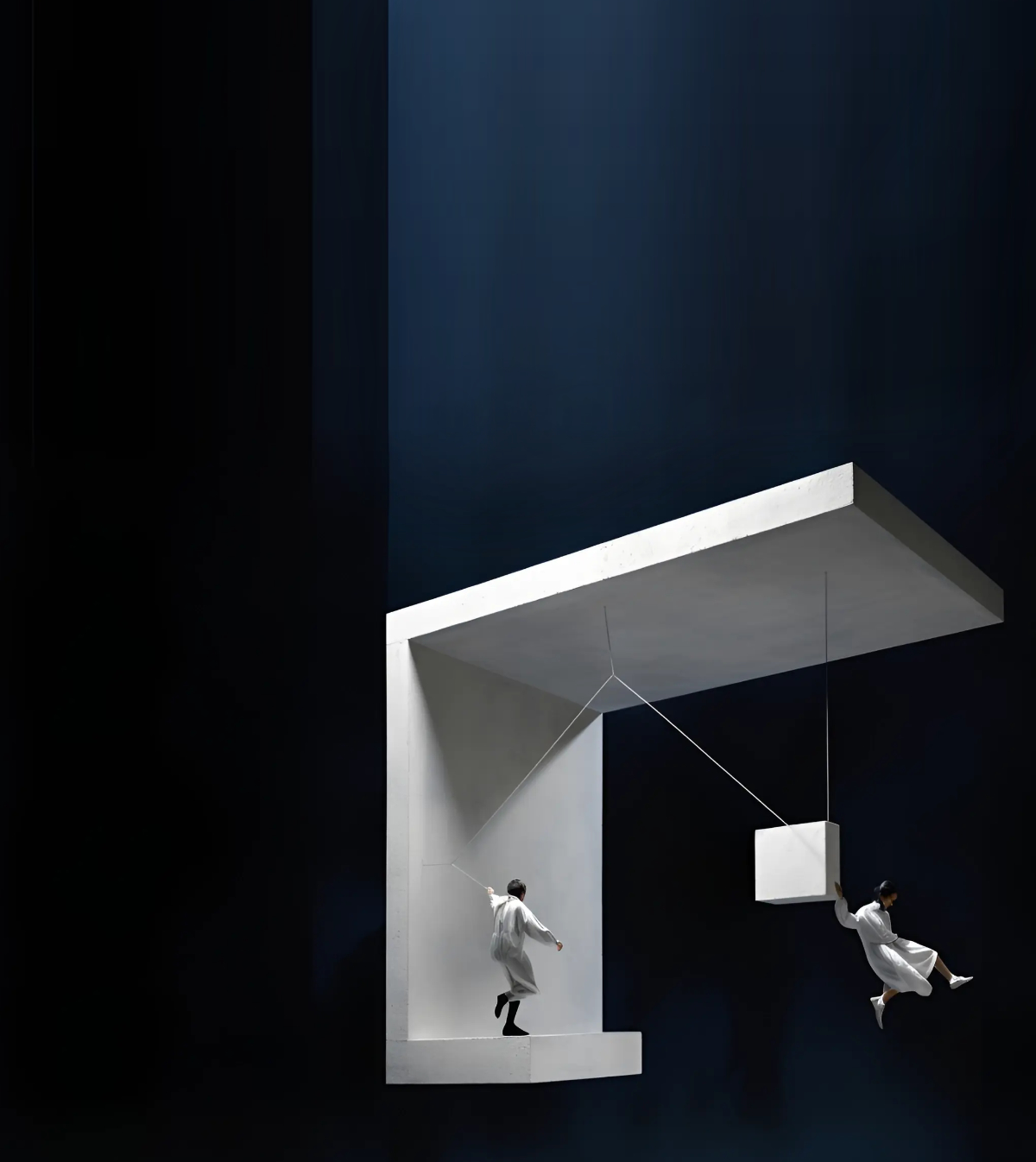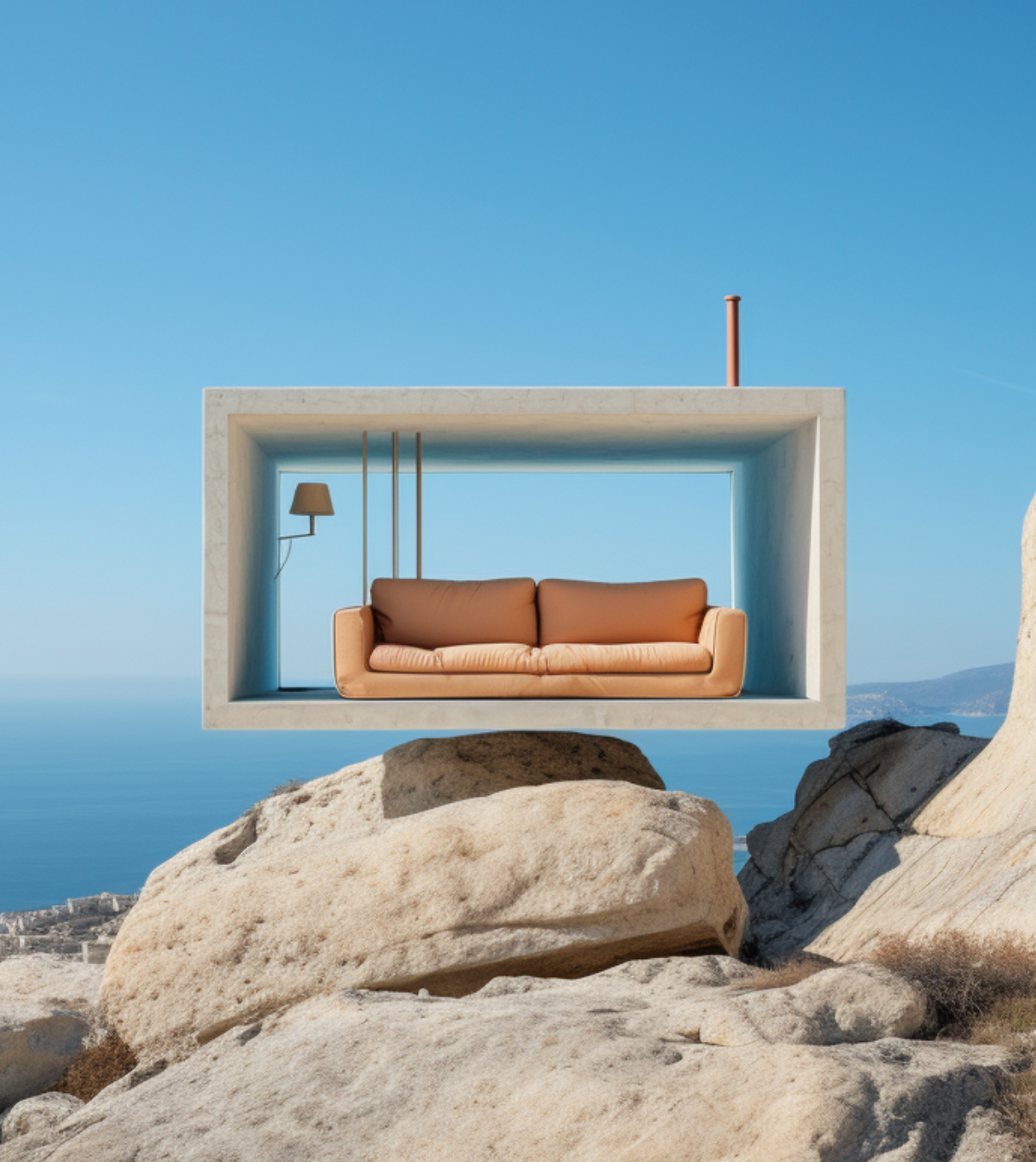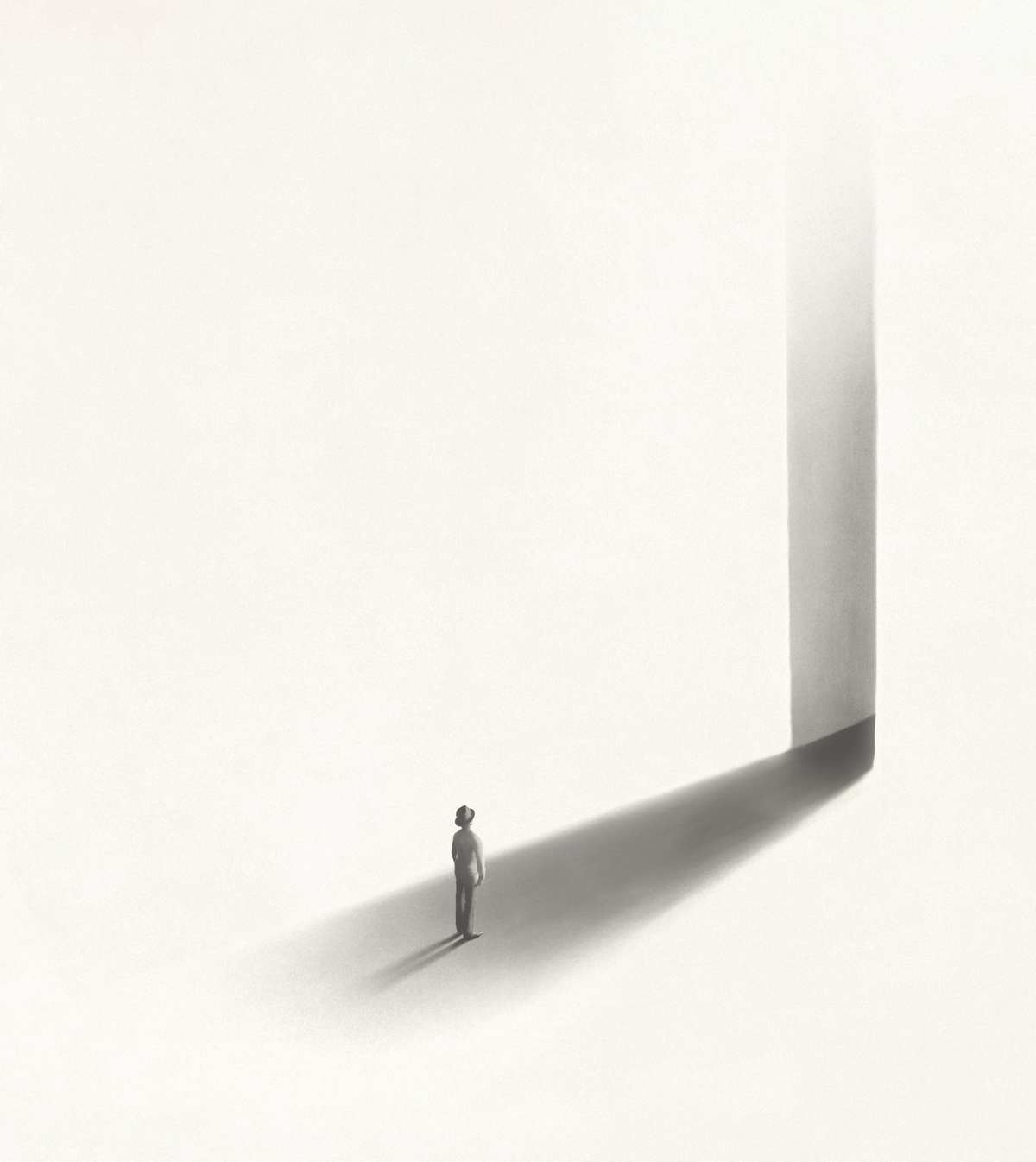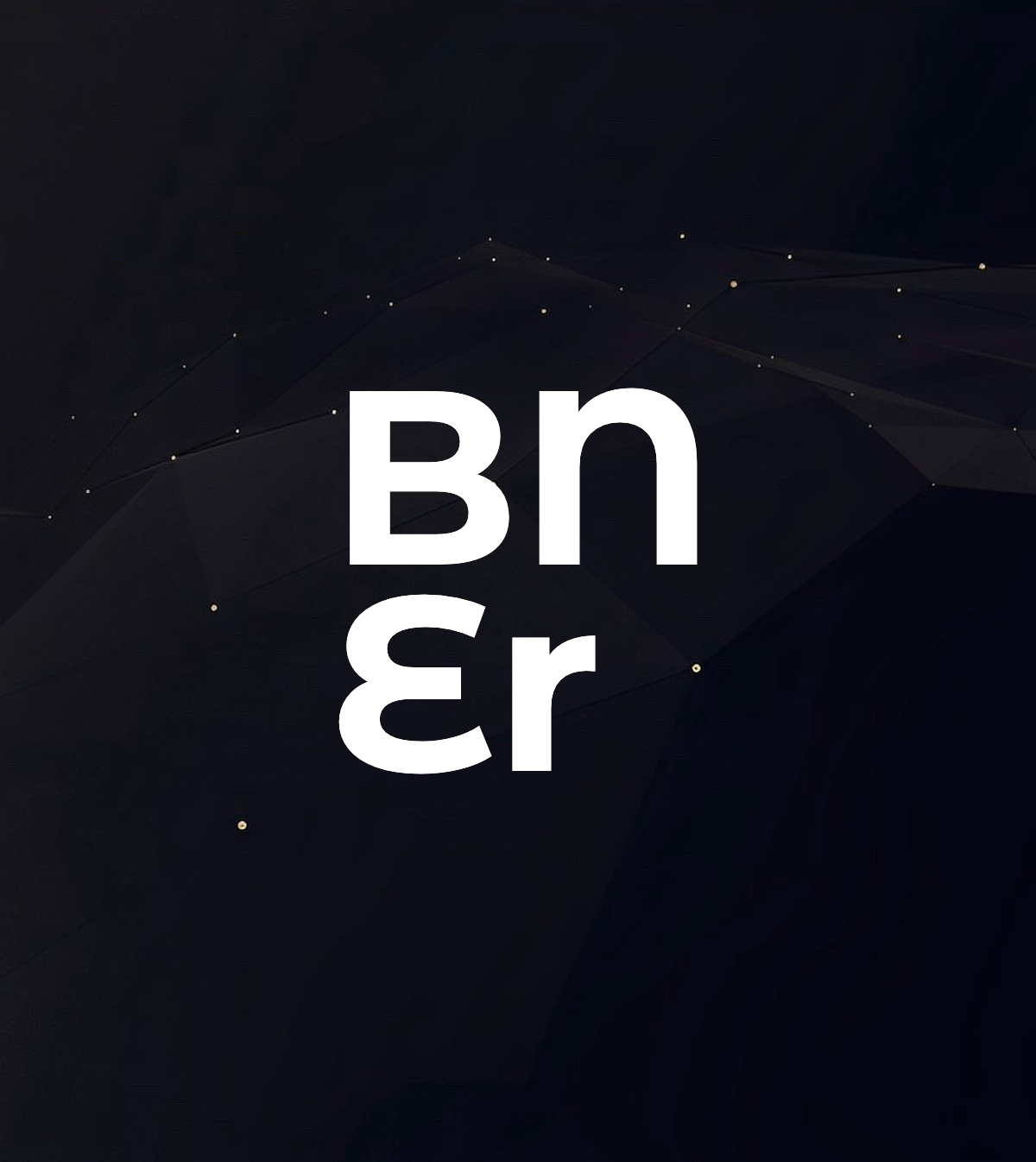We’d like to take the opportunity to introduce you to the winner of one of our Honorable mentions for the “Sydney Affordable Housing Challenge” competition - Derek Huynh, Tony Yu, Raj Gandhi and Ong Eik Ren from Australia!

Derek Huynh and Tony Yu

Raj Gandhi and Ong Eik Ren
We are a multidisciplinary student group from the University of Melbourne.
Derek: I am completing my Master’s of Architecture degree at The University of Melbourne and working at Woods Bagot, a global design and consulting studio who places human experience at the centre of our design process. Prior to this I worked at Hayball, gaining experience on multi-residential and education projects.
Tony: I am currently completing a Master’s of Architecture.
Raj: I am studying a Master’s in Construction Management at The University of Melbourne.
Eik Ren: I am studying for a Bachelor’s of Environments (Property Major) at The University of Melbourne, specialising in valuation, research, management and financial feasibility.
Brief information about the projects that you/your company have been involved with. For instance what scale have you focused on/preferred, any significant projects where company/ individuals have been involved?
Derek: I enjoy working on a mixture of project types and scales. At Woods Bagot I am currently working on the Carlton Connect Initiative. A mixed-use innovation precinct in Melbourne, our proposal blends academic research with education and industry.
What does architecture mean to you and what is the role of an architect in your society?
Tony: Architecture is a slow industry. I think it goes through every single cultural and pragmatic filter in a system that is too clockwork and not holistic enough. What comes out is this culmination of society that can only ever be a mere slice. Navigating that is the architect.
Eik Ren: A crucial puzzle piece in designing and planning of built environments with other professions, essentially transforming the lives of end users tremendously.
Derek: Architecture is about both finding new and solving existing problems. We play a role in concretising solutions in the form of buildings and spaces. This means that in an urbanising world our ideas and decisions will continue to grow in their importance as we influence the lives of billions.
Why do you participate in architecture vision competitions?
Tony: They are one of the only remaining bastions of free and speculative ideas.
Eik Ren: To analyse and fathom the core of housing affordability issues beyond the coffee and smashed avocado, while proposing innovative solutions from the focal point of multi-disciplinary perspectives.
Raj: Since it was my first design competition, it has been a key creative opportunity that has helped me enrich my efforts personally and professionally. Being a multidisciplinary team, it has helped me understand architecture and property concepts better, enabling us to design the project with a holistic approach.
What advice would you give to individuals who struggle to decide whether it would be beneficial for them to participate in architecture vision competitions?
Tony: Do it or rot. Haha, no, it’s the perfect environment for flexing new ideas.
Raj: Architecture vision competitions create a platform to showcase your ideas. They often have fewer real-world challenges, which allows us to think and be creative over a broader perspective enabling us to dream, experiment and try new things on a scale that isn’t always available.
Eik Ren: Multi-disciplinary perspectives are the way forward in tackling real life issues and this is what vision competitions can exactly provide. It is also a great conducive environment for students of different disciplines to collaborate before entering the workforce where collaborations are crucial.
Derek: It’s one of the few opportunities we get to really try and look at things differently – to find new potential solutions to age-old problems.
Top 3 Reasons Why You Should Enter Architecture Competitions
Curious about the value of architecture competitions? Discover the transformative power they can have on your career - from igniting creativity and turning designs into reality, to gaining international recognition.
Learn more























